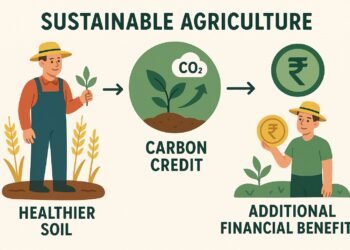India CSR News Network
NAIROBI: UN Environment deputy head Ibrahim Thiaw released the following statement in reaction to the results of the Great Elephant Census, which showed African savanna elephant populations declined by 30 per cent (144,000 elephants) between 2007 and 2014.
“The findings of the Great Elephant Census show clearly that poaching is still decimating elephant herds across Africa. This practice makes no sense on any level – moral, economic or political.
“Elephants are already locally extinct in my own country, Mauritania, and I do not want to see this happen anywhere else – an imminent possibility in Cameroon and Mali, and further down the line in other countries, unless we accelerate action.
“There is reason for hope. Populations in some African nations are declining only slightly or even increasing. And support for tackling the crisis is increasingly backed by a growing public, political and private sector force for change – such as the Wild For Life campaign.
“Across Africa, nations are starting to see that wildlife is worth more alive than dead, and that it can generate revenue, through tourism for example, to fund the education, healthcare and infrastructure that will improve human well-being and drive economic growth.
“As depressing as these numbers are, I hope they act as a further spark for action and change. We know how to solve the crisis. The Great Elephant Census tells us we must act, and now.”
Photo: www.unep.org



















